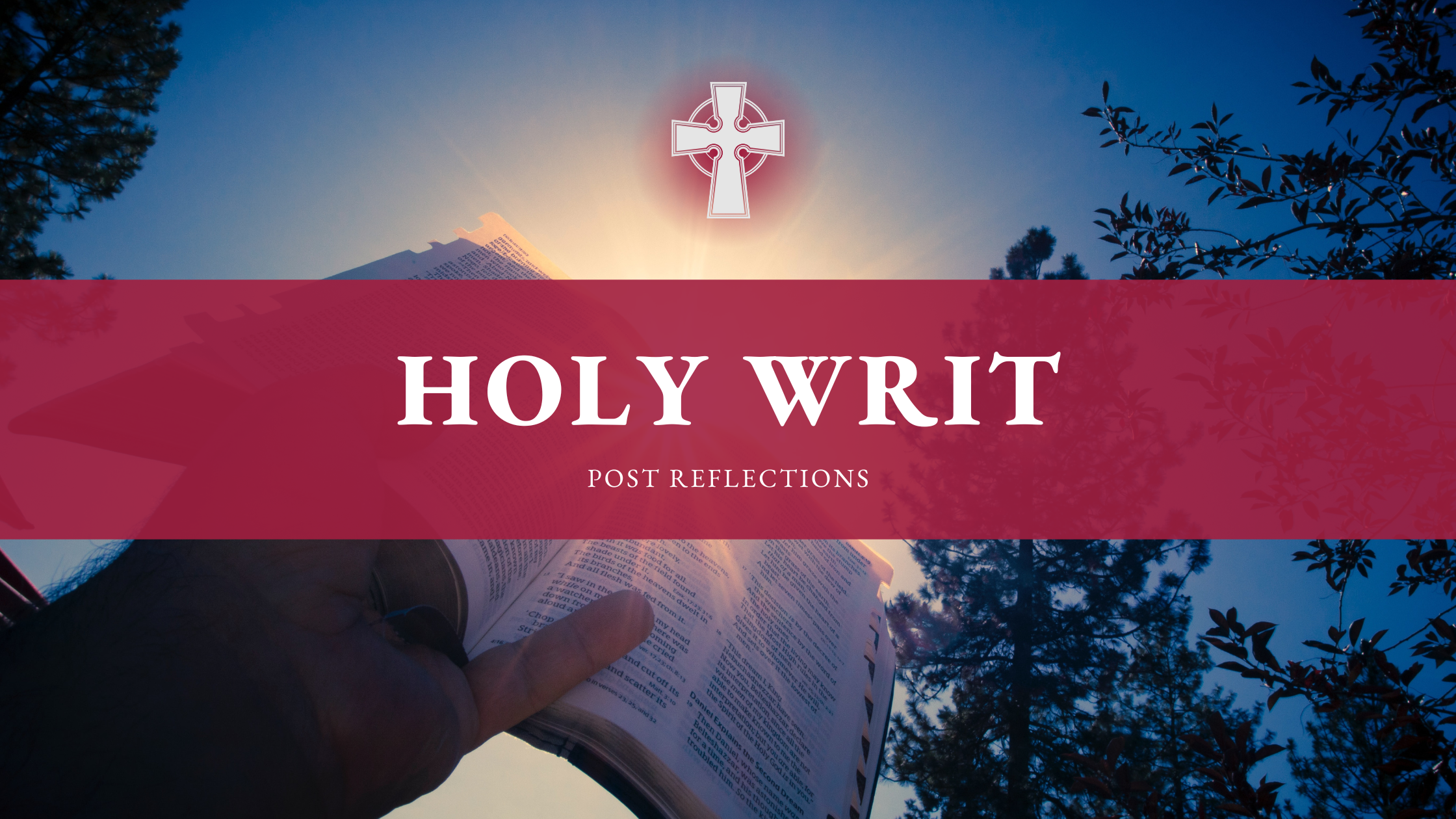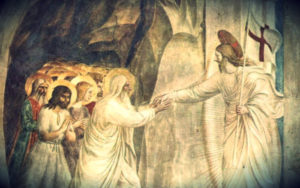
Introduction
The parable of the Rich Man and Lazarus found in Luke 16:19-31, has sparked discussions about its nature—whether it should be interpreted as an allegory or a literal account. However, this blog will be focusing on delving into the story and its deeper meaning shedding light on the timeless truths.
There was a certain rich man, which was clothed in purple and fine linen, and fared sumptuously every day: And there was a certain beggar named Lazarus, which was laid at his gate, full of sores, And desiring to be fed with the crumbs which fell from the rich man’s table: moreover the dogs came and licked his sores.
And it came to pass, that the beggar died, and was carried by the angels into Abraham’s bosom: the rich man also died and was buried; And in hell he lift up his eyes, being in torments, and seeth Abraham afar off, and Lazarus in his bosom. And he cried and said, Father Abraham, have mercy on me, and send Lazarus, that he may dip the tip of his finger in water, and cool my tongue; for I am tormented in this flame.
But Abraham said, Son, remember that thou in thy lifetime receivedst thy good things, and likewise Lazarus evil things: but now he is comforted, and thou art tormented. And beside all this, between us and you there is a great gulf fixed: so that they which would pass from hence to you cannot; neither can they pass to us, that would come from thence. Then he said, I pray thee therefore, father, that thou wouldest send him to my father’s house: For I have five brethren; that he may testify unto them, lest they also come into this place of torment.
Abraham saith unto him, They have Moses and the prophets; let them hear them. And he said, Nay, father Abraham: but if one went unto them from the dead, they will repent. And he said unto him, If they hear not Moses and the prophets, neither will they be persuaded, though one rose from the dead.
Luke 16:19-31
Whether we see the story as a lesson or a real event, looking into its meaning can teach value that will always be important. The story challenge what is valued in this life. The narrative shows us how dangerous it can be to care too much about mammon and not enough about doing right for others.
The Rich Man and Lazarus: Beyond Wealth
While wealth is a central element in the parable, the story transcends a mere focus on material possessions. The highlight is the relationship between the rich man and the poor man, Lazarus. The abundance of the rich man is contrasted with Lazarus’ destitution, highlighting the disparity between their lives. Through vivid imagery, such as the dog licking the sores of the poor man and the rich man yearning for relief, the parable illustrates poetic justice and the consequences of actions in this life.
Understanding the Lazurus and His Wealth
The rich man’s love for money and his lavish lifestyle compete with the love for wealth and the love for God. In other parts of the Gospel Jesus rebukes a rich man for this very thing:
Jesus said unto him, If thou wilt be perfect, go and sell that thou hast, and give to the poor, and thou shalt have treasure in heaven: and come and follow me.
But when the young man heard that saying, he went away sorrowful: for he had great possessions.
Matthew 19:17-21
and again:
No servant can serve two masters: for either he will hate the one, and love the other; or else he will hold to the one, and despise the other. Ye cannot serve God and mammon.
Luke 16:10-13
His neglect and disdain for Lazarus, the poor man at his gate, reflect a deeper issue—a disregard for his neighbor, which is tantamount to disregarding God Himself. This portrayal highlights the importance of compassion, empathy, and recognizing the image of God, regardless of status or position.
Torment Until Judgment
The parable presents a profound contrast in experiences after death. The rich man, having lived a life of luxury, finds himself in torment, longing for alleviation. Meanwhile, Lazarus, who suffered in poverty during his earthly existence, is comforted in the presence of Abraham. This portrayal of contrasting circumstances underscores the weight of eternal consequences. Biblical imagery, such as weeping and gnashing of teeth, flame judgment, glory, and darkness, adds depth to the narrative, symbolizing the gravity of judgment and the eternal realm.
The Reality of Hell and Redemption
The parable serves as a reminder of the trembling reality of hell—a fate from which we cannot escape by our own merit. However, the story also points to Jesus Christ, our Redeemer, who took the fire of judgment upon Himself so that we could find redemption and escape the torment of eternal separation from God. The rich man’s appeal to Abraham emphasizes that true sonship with Abraham is attained through faith, rather than relying solely on vain genealogies or earthly status.
Application: Addressing the Neglect of Hell
In modern society, the topic of hell is often neglected or downplayed, contributing to the increasing secularization of our culture. It is essential to strike a balance between emphasizing righteous judgment and the abundant grace offered through Christ. Rather than adopting a “judge not” attitude that disregards moral values, a comprehensive understanding of God’s justice and mercy can guide our interactions with others and shape our worldview.
How Should We Approach the Poor?
While general principles may associate poverty with sin and wealth with righteousness, the parable challenges these assumptions. For one example of general principles, Scripture points us to the lazy man’s yard:
I went by the field of the slothful, and by the vineyard of the man void of understanding;
And, lo, it was all grown over with thorns, and nettles had covered the face thereof, and the stone wall thereof was broken down.
Then I saw, and considered it well: I looked upon it, and received instruction.
Proverbs 24:30-32
Additionally, the Broken Glass Theory in Criminal Justice suggests that societal and environmental factors play a significant role in crime rates, reminding us of the complexities surrounding poverty and its relationship to general revelation. Scripture presents exceptions, such as Job, who demonstrate those material circumstances alone do not determine one’s righteousness. In summary, we must be wise when looking at general principles, but also aware of context and exceptions.
Practical Ways to Help the Homeless
A local favorite non-profit Phoenix Mission is an outflow of our culture when addressing homelessness. For example, they suggest talking to those on the streets, being prepared with “hope-totes”. Moreover, referring to
For even when we were with you, this we commanded you, that if any would not work, neither should he eat.
2 Thessalonians 3:10
Christians need a balanced approach to assisting the needy, encouraging responsibility while still being compassionate. Tithing to the church can also serve as a means to support outreaches that address homelessness and provide essential resources to those in need.
Examining the Heart
To truly understand and address the issue of homelessness, it is crucial to examine our own hearts and attitudes. Through introspection, consider the initial reactions when encountering the impoverished and homeless. When looking at poverty is it with compassion or dismissal? Emphasize seeing the homeless through the lens of sympathy, recognizing whom they image. By cultivating a heart of flesh through the Spirit, local churches act as a positive microcosm for a better world. As Christians following true religion, we can advocate for the well-being of those less fortunate in our society.
References and Related Articles
Carrington, CT. “Holy Saturday: A Moment of Darkness and a Reminder to Not Give Up Hope.” Saint Andrew’s Reformed Episcopal Church Blog, Accessed June 20, 2023. https://saintandrewsrec.com/holy-saturday-a-moment-of-darkness-and-a-reminder-to-not-give-up-hope/
McKee, A. J.. “broken windows theory.” Encyclopedia Britannica, April 1, 2023. https://www.britannica.com/topic/broken-windows-theory.
Phoenix Rescue Mission. “Summer Is Here, What Can I Do?” Phoenix Rescue Mission, Accessed June 20, 2023. https://phoenixrescuemission.org/summer-is-here-what-can-i-do/
Our Mission
To multiply faithful servants of Christ; who will commit themselves to the worship and doctrines of the Anglican way, and who will work by God's grace and for His glory to disciple the nations through the ministry of the Church.









